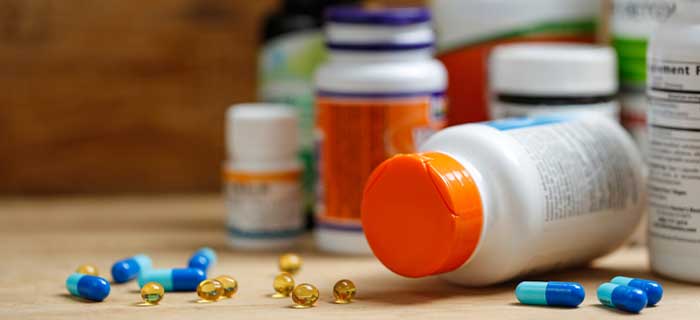 Why do the elderly need food supplements?
Why do the elderly need food supplements?
These supplements are one of the easiest ways for older adults to meet their daily nutrition requirements. Eating healthy food is the best way to get the nutrients seniors need. However, in some cases elderly people don’t get enough vitamins and minerals from their daily diet due poor appetite or choice of food. This may lead to insufficient nutrition. Food supplements for the elderly may be the best way to provide nutrients that might be missing from their daily diet. People over age 50 may benefit from Vitamin D, Vitamin B12, folate supplement and frail elderly may require a low-dose multivitamin supplement. Remember, it is also important to talk with your doctor before taking any supplements.
What are food (Dietary) Supplements?
Food supplements, also called dietary or nutritional supplements, delivers nutrients that may not be consumed in sufficient quantities. It can also be described as substances that you eat or drink to support good health and supplement your normal diet. Dietary supplements are not a substitute for food but nutrients and vitamins that lower your risk of health problems, like osteoporosis or arthritis. These supplements come in the form of soft gels, pills, powders, extracts, or liquids. Dietary supplements are widely available online, in health food stores, pharmacies, grocery stores and fitness centers.
What do they contain?
They usually contain fibre, vitamins, minerals, amino acids, herbs, or enzymes. Dietary supplements can also be one or a combination of any of the following:
- Vitamins
- Minerals
- Herbs
- Botanical extracts
- Amino acid
Vitamins and minerals for people over 50
People over age 50 may actually need more of some vitamins and minerals than younger generation. That is because they need to get enough of the following to stay healthy:
Calcium
Calcium works with vitamin D to keep bones strong and bone loss can lead to fractures in elderly women and men. It is naturally found in milk and dairy products, fish and dark-green leafy vegetables. However, in some cases a calcium supplement is required if the diet intake is not sufficient.
Vitamin D
The best way to get sufficient vitamin D is to be in the sun for 15 to 30 minutes at least twice a week. But, in the case of the elderly, they may not be able to get enough vitamin D that way due to various reasons including mobility issues. In such cases add vitamin D-fortified milk, fatty fish to your diet or use a vitamin D supplement.
Vitamin B6
This vitamin is important in forming red blood cells. Bananas, potatoes, wholegrain cereals, eggs, vegetables and soya beans are rich in Vitamin B6. If you do not include these in your diet, then it is recommended to take a supplement. Remember to consult your doctor.
Vitamin B12
Sufficient Vitamin B12 is important to keep your red blood cells and nerves healthy. Some older adults may have trouble absorbing the vitamin naturally found in food. Vegetarians, in particular, may be prone to Vitamin B12 deficiency and your doctor may recommend a B12 supplement.
Conclusion
Stick to a healthy diet whenever possible and be physically active. Avoid smoking and see your doctor regularly, and, most importantly only use dietary supplements suggested by your doctor.
